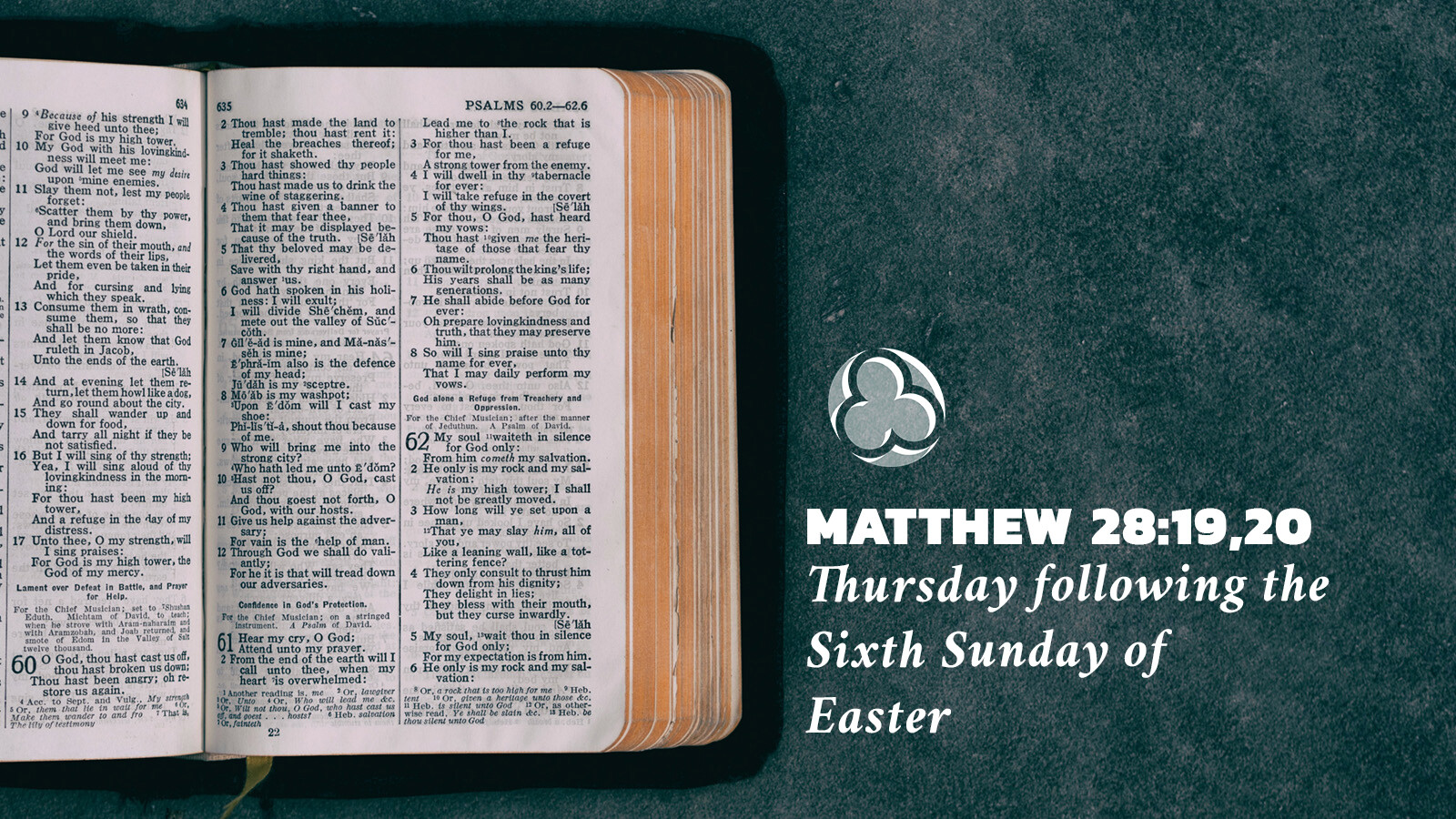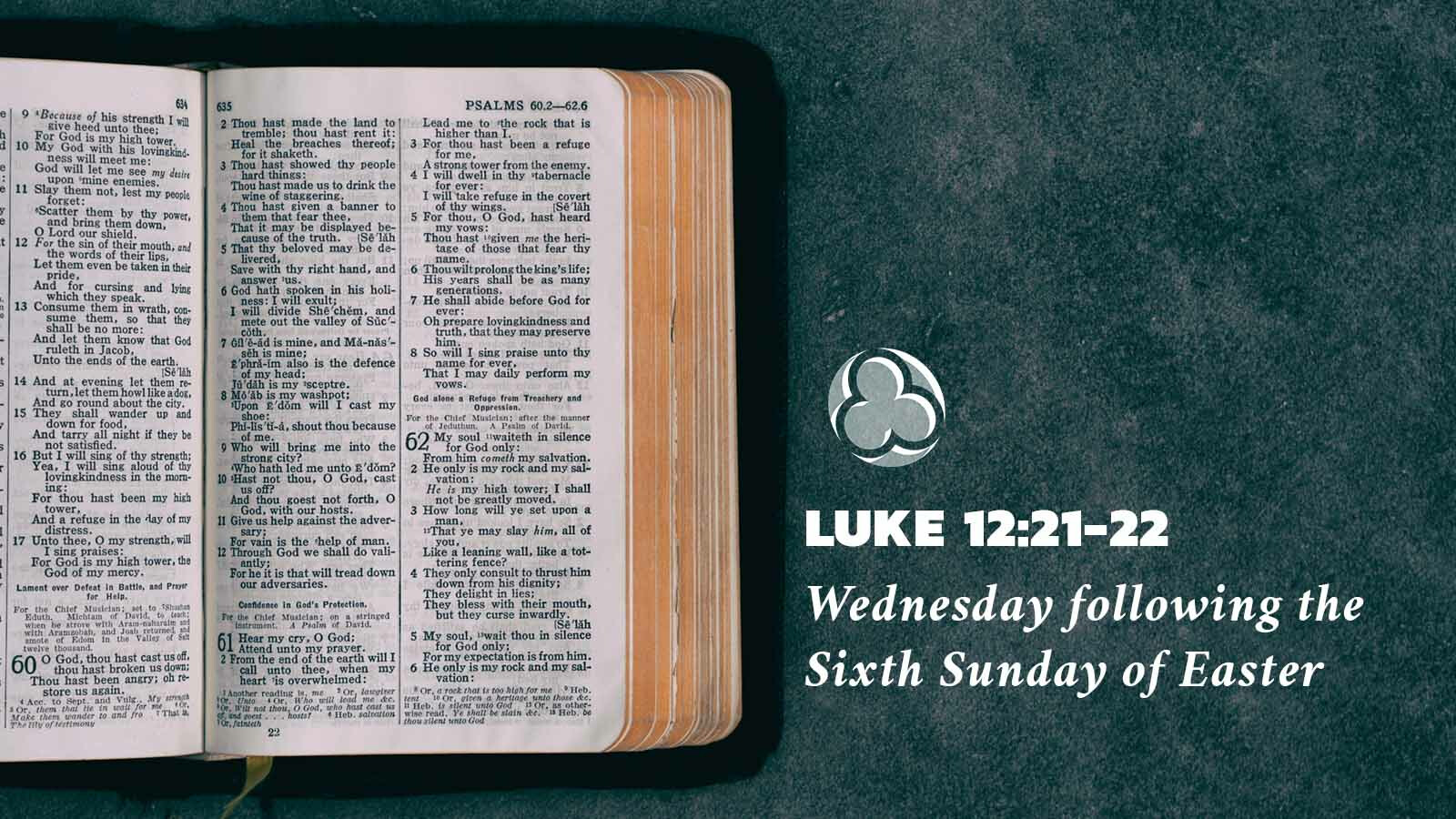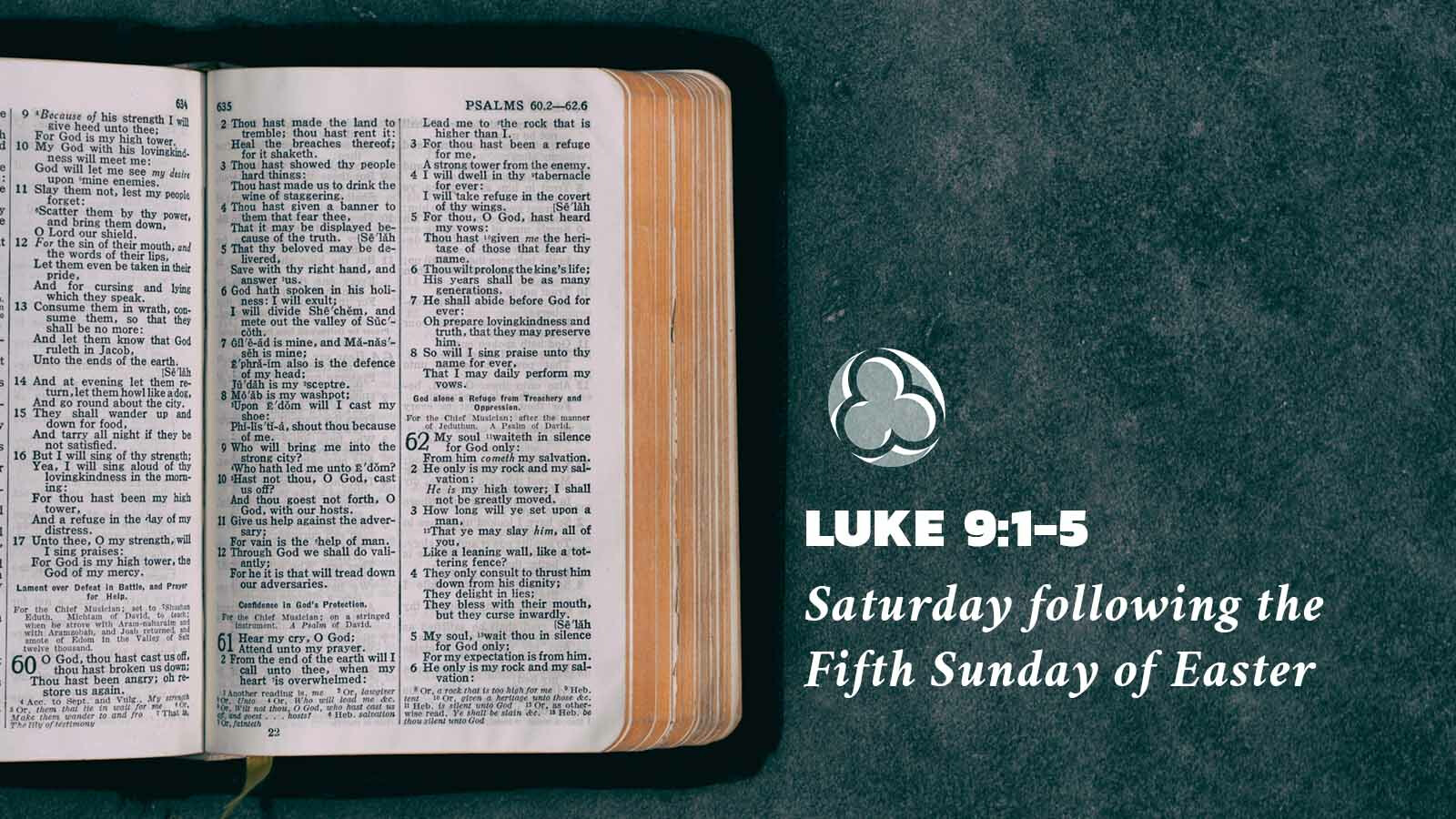
I have given them your word, and the world has hated them because they do not belong to the world, just as I do not belong to the world.
-John 17:14
This is part of a lengthy prayer Jesus offers just before he brings his disciples to the Garden of Gethsemane, where He knows He will be arrested and then killed. In it, Jesus prays to His Father both to glorify himself and also to keep and protect His disciples from the evil one. I linger on this line about “not belonging to the world”; it has given me a lot to think about and a different way of seeing “the world”, in particular the evil that seems to be so front and center so much of the time. Rather than trying to reconcile or understand the behavior of certain members of society who commit acts ranging from thoughtless to barbaric, maybe I ought to embrace the idea that I’m just an alien on this strange and sometimes dangerous planet. As Jesus asserts: “I’m not from here.” And evil is unfortunately the way of the world. From earlier in John’s gospel: “We know that we are children of God, and the whole world is under the control of the evil one.” And to some extent, many horrific events recent and ancient can make sense in the logic of this world that we have created. The world works in its own way, clearly not God’s way. So I wonder: where is the corresponding logic that explains how selflessness and agape love works in that same world? And why exactly do we have those higher notions in the first place? Loving the other for love’s sake alone often produces a shrug, or laughter, or scorn. Those feelings don’t appear to be of this world - apart from the fact that they do for some reason make us feel something right and true. Where could those deep and mysterious feelings have evolved from? Certainly not from a scientific/Darwinian point of view - they should have been ruthlessly selected out by now. They don’t make sense - which in a paradoxical way makes them all the more true from a Christian perspective.
My first and best spiritual mentor, C.S. Lewis (1898 - 1963), has an answer that points back to this verse from John and to Jesus’ prayer. He wrote: “Creatures are not born with desires unless satisfaction for those desires exists. A baby feels hunger; well, there is such a thing as food. A duckling wants to swim; well, there is such a thing as water. If I find in myself a desire which no experience in this world can satisfy, the most probable explanation is that I was made for another world.” Lewis’ own spiritual mentor, G.K. Chesterton (1874 - 1936) compared the human race to a collective Robinson Crusoe, shipwrecked on an isolated island, with only a few useful treasures surviving from the ship. Just as Crusoe had his knife and tools and a bit of gunpowder, we salvaged goodness and love and generosity from our wrecked ship. Chesterton writes: “In some way all good was a remnant to be stored and held sacred out of some primordial ruin. Man had saved his good as Crusoe saved his goods; he had saved them from a wreck... the crew of a golden ship that had gone down before the beginning of the world.” And my hope is that these gems we have managed to scrape off the beach, along with the echoes of memories we still hold of our lost home across the sea, will finally make perfect sense on that glorious day when at last we return there.
Musical Reflection - O God of Earth and Altar - Lyrics by G.K. Chesterton, (Syracuse Baptist Church)
Kind Jesus, we thank You for praying for us and being in the world with us. Help us to remember the tools of love, kindness and generosity which You have left us to bring about God’s Kingdom in this broken world, as best as we are able. Keep us in Your loving care until You come again to finally bring us home. Amen.






Login To Leave Comment